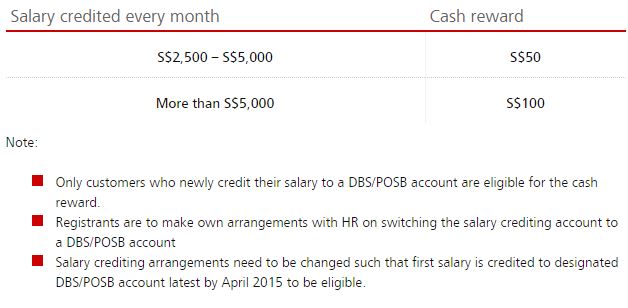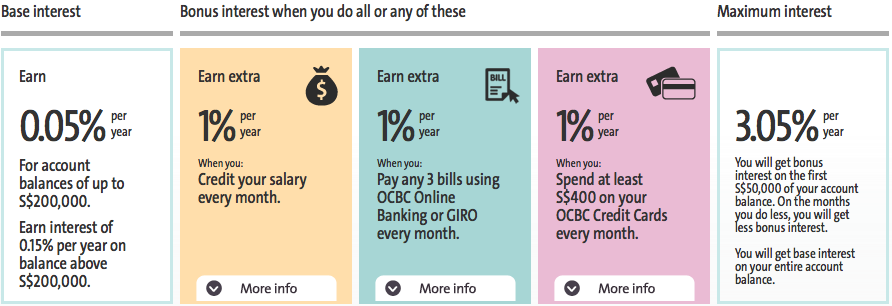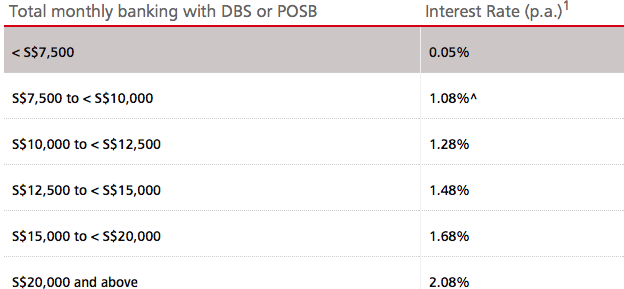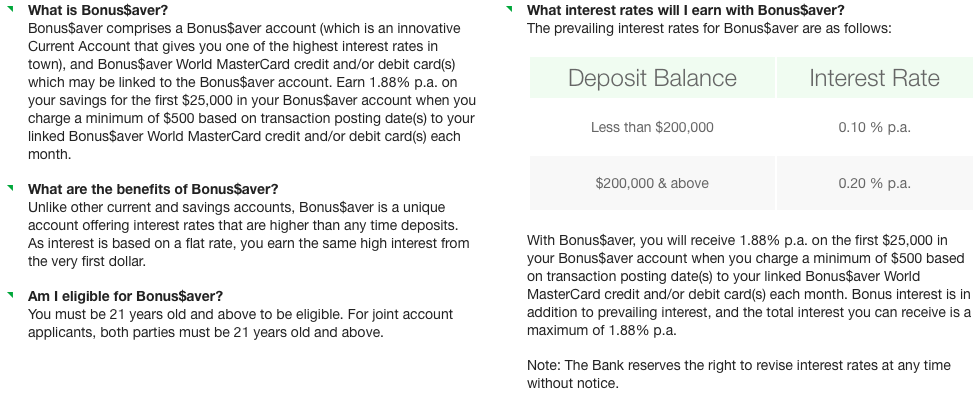According to the High Court, an individual becomes bankrupt if he or she owes at least S$10,000 and has no means to pay it.
Filing for bankruptcy can be done by the creditor or the debtor. A deposit of S$1,600 to the Official Assignee (OA) is required. The OA is the authority that is responsible for selling as many of your assets as possible to repay your creditors. Credit bureaus will display your bankruptcy date for five years after the date of discharge.
Aside from this, it is essential to note that there are assets that are protected by the creditors such as furniture, HDB flats, compensation awarded for legal actions, and life insurance policies.
The effect of bankruptcy does not only take a toll on your finances but also on other aspects of your life. For instance, there will be restrictions in travelling overseas and in looking for a job especially as a director of a company. Truly, it drastically affects your lifestyle, your career, and your relationships.
This is why it is important to avoid falling to this “black hole” by being financially knowledgable. To put it in perspective, here are 4 Ways To Prevent Bankruptcy…
- MANAGE YOUR DEBTS
First, be aware of how much your debts and assets total to. Include every billing statement, every document, loans, and mortgages you may have. Take immediate action when you notice that it is getting hard to pay for your debts.
- CUT DOWN YOUR EXPENSES
After seeing the bigger picture, it is time to cut down your expenses. Reduce the unnecessary expenses first such as designer bags or costly coffee beans. Then, add the minimum payments of your debts and the cost of your necessities to your monthly budget.
- SELL YOUR STUFF
To aid your budget, you must sell your unnecessary items among others. Selling whatever you can spare can help pay off your multiplying debts.
- SEEK HELP
Calculate the money that you need to prevent bankruptcy. Examine how much money you are able to get. Then, consider seeking help from your family and friends to make up for the difference. Yes! Asking your friends and family for money maybe a shady area but this situation is an exception.
If you still find it uncomfortable to seek their help then, consider hiring a professional (e.g., credit counseling agency or debt management firm) to help you reduce your interest rates and penalties at friendly time frame.

Image Credits: Images Money via Flickr
















